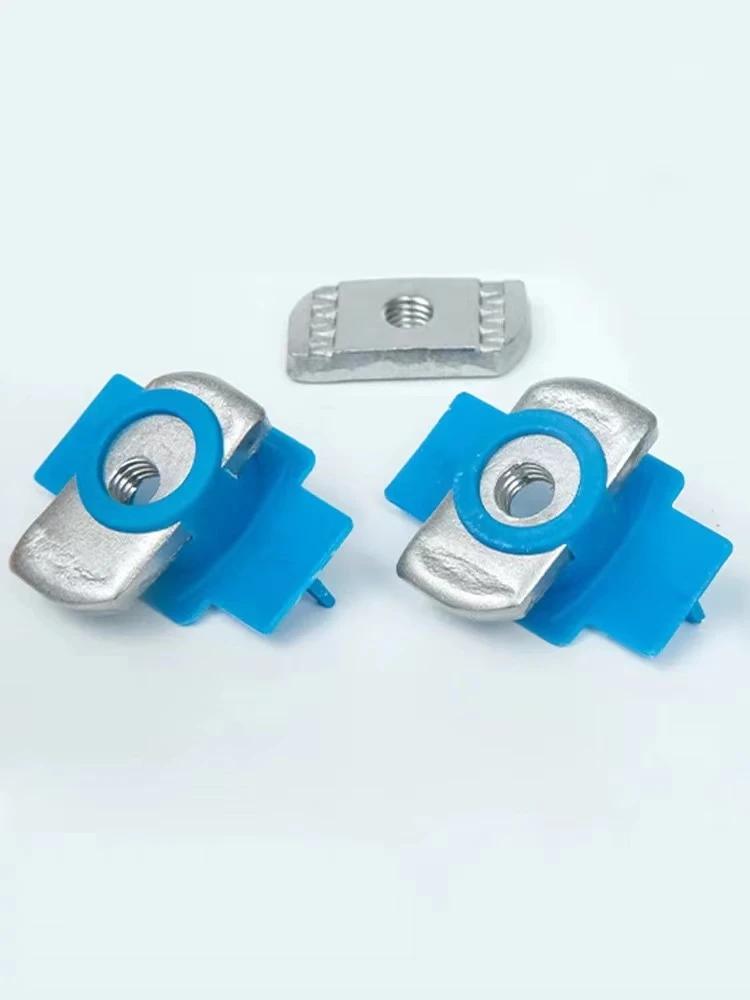

self tapping screws for aluminum
Nov . 25, 2024 05:08 Back to list
self tapping screws for aluminum
Understanding Self-Tapping Screws for Aluminum A Comprehensive Guide
In the realm of construction and manufacturing, the choice of fasteners plays a pivotal role in ensuring the integrity and longevity of structures. Among various types of fasteners, self-tapping screws, particularly those designed specifically for aluminum, have gained popularity due to their versatility and ease of use. This article will delve into what self-tapping screws are, their advantages, applications, and best practices for use with aluminum materials.
What Are Self-Tapping Screws?
Self-tapping screws are specialized fasteners that are engineered to create their own mating threads when driven into a material. Unlike traditional screws that require pre-drilled holes, self-tapping screws can be installed directly into the desired surface, simplifying the assembly process and reducing labor time. They are available in various materials, sizes, and thread designs, each tailored for specific applications.
Advantages of Self-Tapping Screws for Aluminum
1. Efficiency One of the most significant advantages of self-tapping screws is their ability to eliminate the need for pre-drilling holes. This not only saves time but also reduces the number of tools required on-site, contributing to increased productivity.
2. Strong Connection Designed with sharp threads, self-tapping screws can securely hold materials together. When properly installed, they create a tight grip that can withstand various forces, making them particularly apt for structural applications.
3. Material Compatibility Self-tapping screws designed for aluminum come with specific coatings and thread designs that minimize galling—a common issue when joining aluminum to aluminum. This ensures a smooth installation process and maintains the integrity of both the screw and the aluminum piece.
4. Corrosion Resistance Many self-tapping screws for aluminum are coated with materials like zinc or aluminum to enhance resistance to corrosion. This feature is particularly beneficial in environments where exposure to moisture and chemicals is a concern.
5. Versatility Self-tapping screws can be used in various applications, from manufacturing aluminum structures, like frames and enclosures, to DIY projects. Their adaptability makes them favorable for both professional and amateur users.
Applications of Self-Tapping Screws in Aluminum
Self-tapping screws are widely used across various sectors where aluminum is a primary material. Common applications include
- Automotive Industry In vehicle manufacturing, self-tapping screws are often used to assemble aluminum bodies and components, providing lightweight yet durable connections
.self tapping screws for aluminum

- Construction Self-tapping screws are popular in constructing aluminum frames for windows and doors, allowing for quick and reliable installations.
- Electrical Enclosures Aluminum is frequently used in electrical enclosures due to its lightweight and corrosion-resistant properties. Self-tapping screws are ideal for securing panels and components in these enclosures.
- Home Improvement Projects DIY enthusiasts often turn to self-tapping screws when working with aluminum siding, roofing, or other household fittings, appreciating their ease of use.
Best Practices for Using Self-Tapping Screws with Aluminum
While self-tapping screws are designed to simplify fastening processes, certain best practices can help users achieve optimal results
1. Choose the Right Screw Ensure that the self-tapping screws are specifically designed for aluminum. Look for features such as a fine pitch thread and a suitable coating to avoid galling.
2. Correct Drill Size Although self-tapping screws do not always require pre-drilling, a pilot hole can enhance performance, especially in thicker aluminum. The pilot hole diameter should be slightly smaller than the screw's root diameter.
3. Use the Right Torque Over-tightening can lead to stripping the threads or damaging the aluminum. It's essential to apply torque carefully to create a solid connection without compromising material integrity.
4. Monitor Temperature The friction generated when driving screws can increase the temperature of the material. In high-temperature environments, it’s crucial to monitor the installation to prevent any heat-related issues.
5. Consider Environmental Factors When using self-tapping screws in outdoor applications, ensure that they are adequately coated for corrosion resistance, especially if they will be exposed to moisture or salt.
Conclusion
Self-tapping screws for aluminum are an excellent choice for a wide array of applications, combining convenience, efficiency, and reliability. Understanding the benefits and best practices associated with their use can lead to improved performance and reduced installation time. Whether in manufacturing, construction, or home improvement, self-tapping screws play a vital role in creating solid, lasting connections in aluminum constructions.
Latest news
-
High-Strength Hot Dip Galvanized Bolts - Hebei Longze | Corrosion Resistance, Customization
NewsJul.30,2025
-
Hot Dip Galvanized Bolts-Hebei Longze|Corrosion Resistance&High Strength
NewsJul.30,2025
-
High-Strength Hot-Dip Galvanized Bolts-Hebei Longze|Corrosion Resistance&High Strength
NewsJul.30,2025
-
Hot Dip Galvanized Bolts-Hebei Longze|Corrosion Resistance&High Strength
NewsJul.30,2025
-
Hot Dip Galvanized Bolts - Hebei Longze | Corrosion Resistance, High Strength
NewsJul.30,2025
-
High-Strength Hot Dip Galvanized Bolts-Hebei Longze|Corrosion Resistance, Grade 8.8
NewsJul.30,2025

